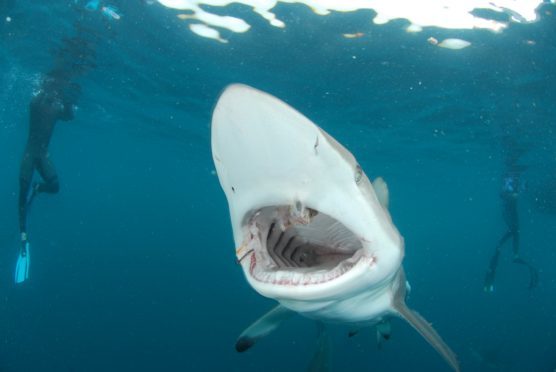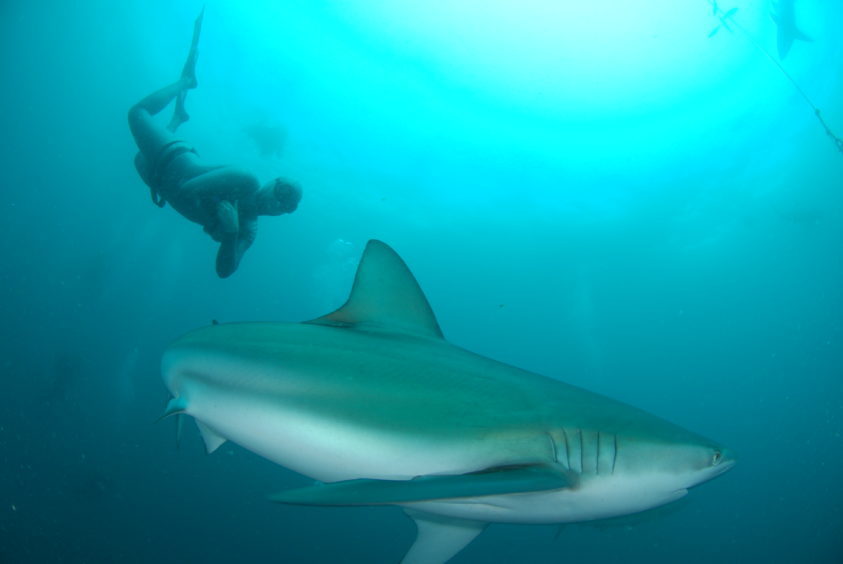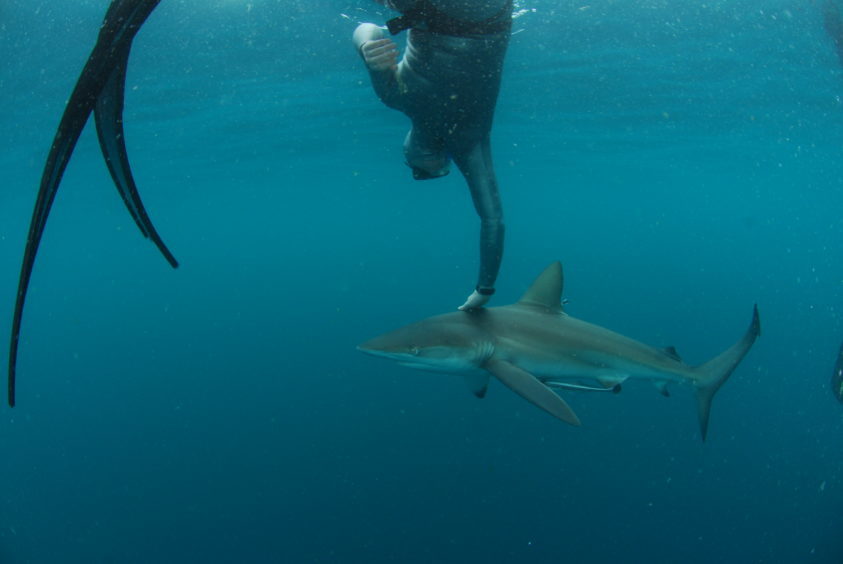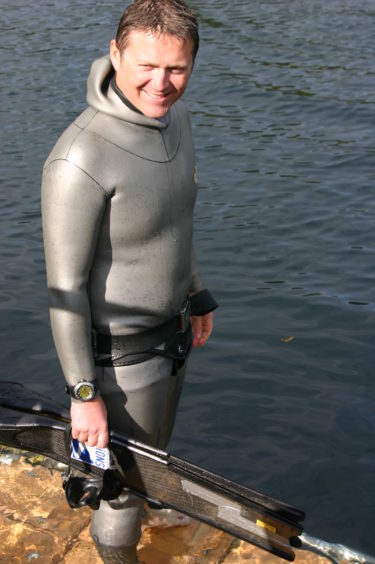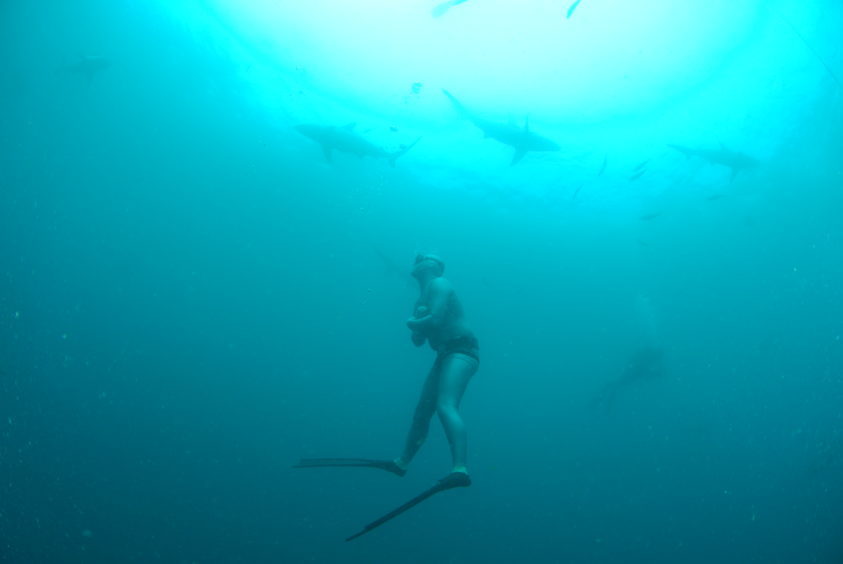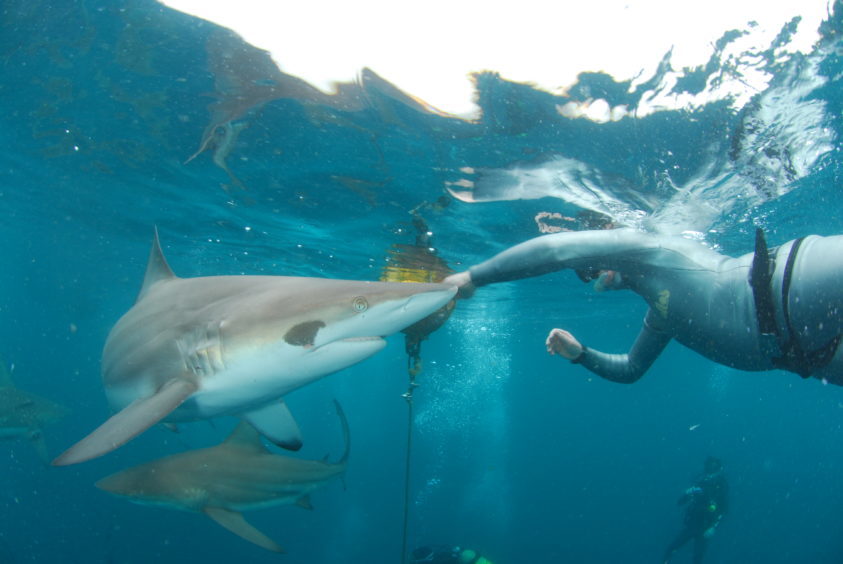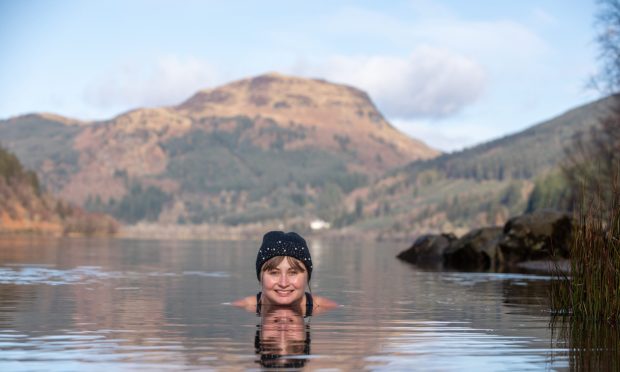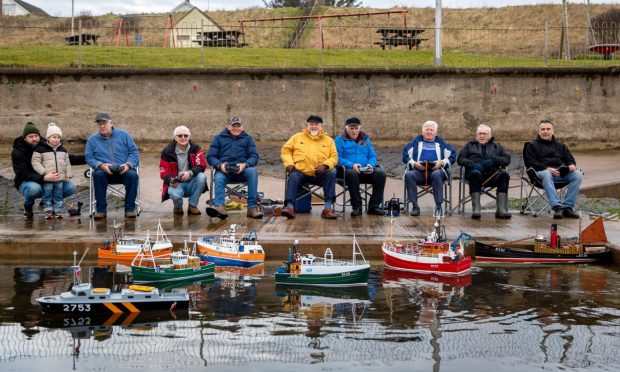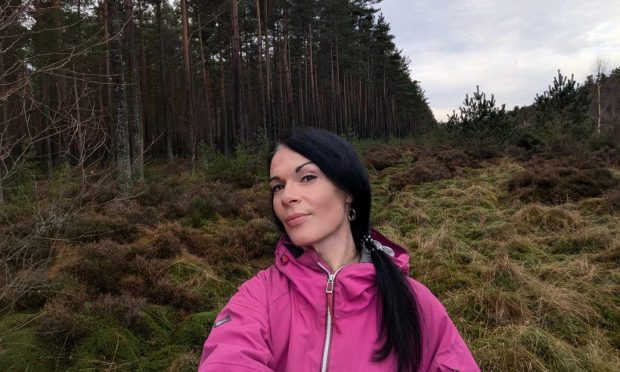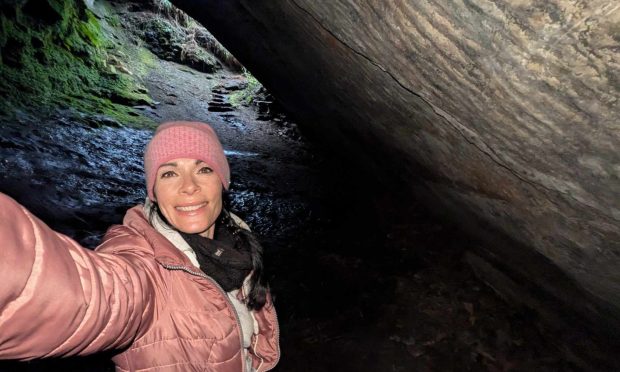Love them or hate them, sharks are an incredible species. Gayle Ritchie meets a man on a mission to conserve them
Sharks play an important role in our ecosystem and yet face a number of threats.
That’s why Andy Laurie, 43, is on a mission to educate others about their plight.
He works to conserve sharks on a voluntary basis with organisations including Sea Shepherd, Shark Angels and Shark Trust UK.
“I want my daughters to grow up and be able to dive with sharks, rather than ask, ‘Daddy, what were sharks like?’” says Andy, from Aberfeldy.
“Up to 73 million sharks will be killed this year – over 10,000 an hour.
“All kinds are targeted but mainly ocean whitetips, hammerheads, tiger, bull, mako, whale sharks and many types of ray.
“We have 40 different shark species in UK waters including the fastest, the shortfin mako, and second largest in the world, the basking shark in Scottish waters reaching up to 12m long.”
So what are the main threats? In the UK, killing sharks for their fins is illegal but fishing for the animals still goes on.
However, legislation states that if a shark is caught, it must return to shore with its fins attached.
“Shark finning is horribly cruel, says Andy, an audio/visual installation project manager.
“Sharks are caught and their fins are cut off while still alive. They’re then thrown back into the ocean to die a slow and painful death while the fins are sold to be made into soup in the likes of China. Because of this, some shark populations are down by a staggering 90%.”
Plastic is another problem, with many sharks and rays dying having ingested bags or straws floating in the ocean.
There are a whole host of reasons why we should care about sharks: they eat weak and injured fish and keep our reefs healthy; they’re a critical component in our ecosystem that provides a third of the world with food, provides more oxygen than the rainforests combined, removes half of the atmosphere’s manmade carbon dioxide and controls the planet’s temperature and weather.
However, some cruel, greedy fishermen don’t care too much about that because one kilogram of shark fin can fetch up to £500 while a basking shark’s pectoral fin can reach more than £200,000. Now you see the problem.
Andy is keen to dispel the myth that all sharks are deadly and have the sole intention of killing people.
“Ah, Jaws, what a film,” he laughs.
“It scared millions of people to never go into the water and due to the overreaction, Peter Benchley, the author of the book, became one of the pioneers of shark conservation!
“All sharks could potentially be dangerous but if you respect and know the animal and its environment, you’ll have a good experience.”
So how can people get into conservation? Anyone can – and should – says Andy.
“My daughters are great examples. They tell everyone about it and love the book, ‘If Sharks Disappeared’.
“Even talking to other people about what sharks do in our ecosystem and how we would be in great danger if they became extinct would be helping.
“I encourage people to search the internet for facts and to avoid certain tabloids that love shark sensationalism!
“So much more needs to be done to protect this species.”
As a big time shark lover, Andy’s best encounter with the animals was followed by his biggest romantic gesture.
“My girlfriend and I were diving off the coast of Mozambique and saw five shark species – tiger, blacktip, hammerhead, bull and dusky.
“We were so ecstatic that we went out to celebrate. Afterwards, I proposed on the beach and she said yes!”
Another passion is freediving with whale sharks worldwide, a species he describes as “gentle giants with no teeth”.
While Andy says he’s not scared of sharks, but for them, he loves the fact they are the “living, breathing version of dinosaurs still alive today.
“All they do is eat, sleep and make little sharks. They’re an amazing feat of evolution. They’re so inquisitive and while being the ocean’s top predator, they are afraid of humans.”
Still not convinced? Sharks don’t eat people, says Andy.
“They don’t have hands to find out what an object is so they use their mouths for exploratory bites.
“You’re more likely to be killed by a cow or stung by a bee than bitten by a shark.”
And as an aside, you might like to know that while you were reading this story, more than 1,000 sharks were killed worldwide.
Want to help? Check out www.sharktrust.org
